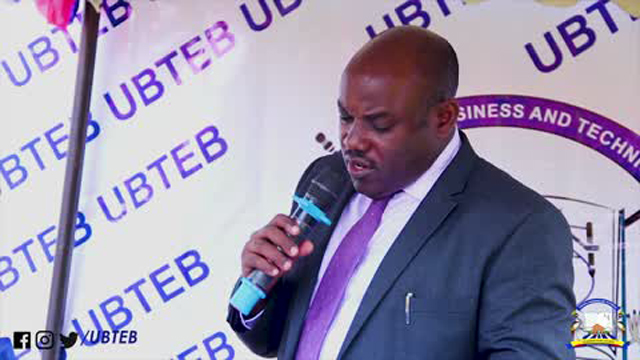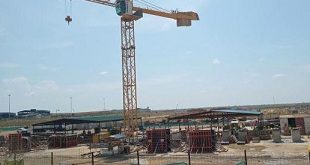
Kampala, Uganda | THE INDEPENDENT | Uganda Business and Technical Examinations Board (UBTEB) is to start conducting modularized assessments in July 2022. The first cohort of students that will go through this assessment begun studies in January this year.
According to UBTEB, candidates who will sit for the modular assessment will be free to join the world of work using the certificate of competence that will be awarded to them after the first module. The modules shall be offered in a flexible manner, in accordance with the TVET Policy 2019 and NDP III.
The candidates will be able to continue with other modules to complete the program as packaged by the board depending on their needs. Onesmus Oyesigye, the UBTEB Executive Secretary says that the board has rolled out modularized assessment syllabi for all Uganda skills development centres and 13 national certificate programs.
Originally, a primary school dropout who would enroll for vocational training had to study for three years before they could qualify for any competence certificate well as those from senior four were supposed to do two years.
According to Oyesigye, the program will help increase the number of people enrolling in the Technical Vocational Education Training –TVET in the country due to its flexibility.
In January, the board oriented the institution Principals on the implementation of the modular assessment. The program will start with 14 programs in phase one of the modular assessment.
Besides the modular assessment, Oyesigye observes that government needs to consider subsidizing the skilling education across all the training institutions in order to increase the enrollment.
He explains that vocational studies are costly when it comes to a common Ugandan yet he is the main target of the government. According to Oyesigye, the current model of training that emphasizes competency-based training requires materials used in the real world of work, which calls for government intervention.
*****
URN
 The Independent Uganda: You get the Truth we Pay the Price
The Independent Uganda: You get the Truth we Pay the Price




Generators